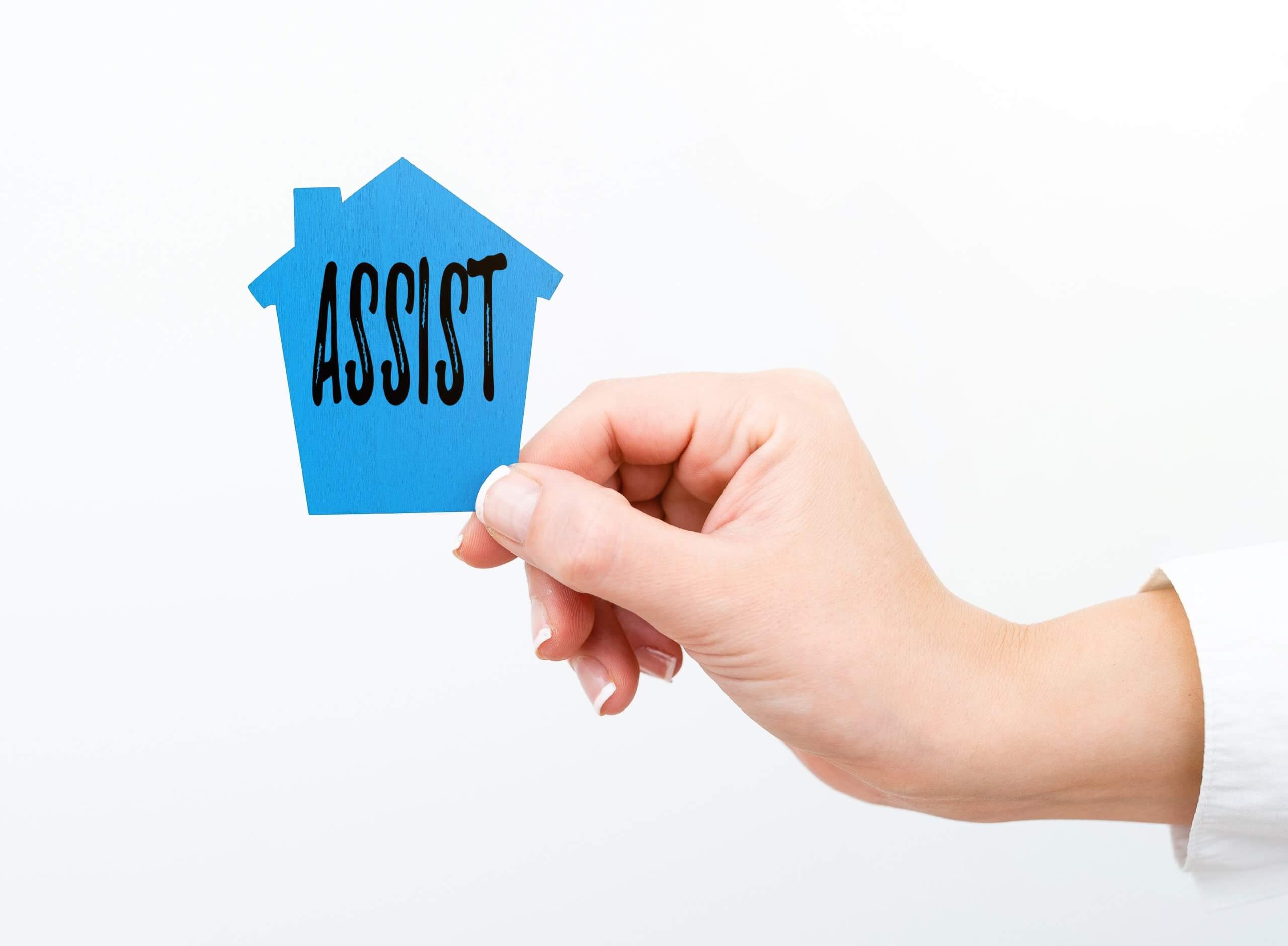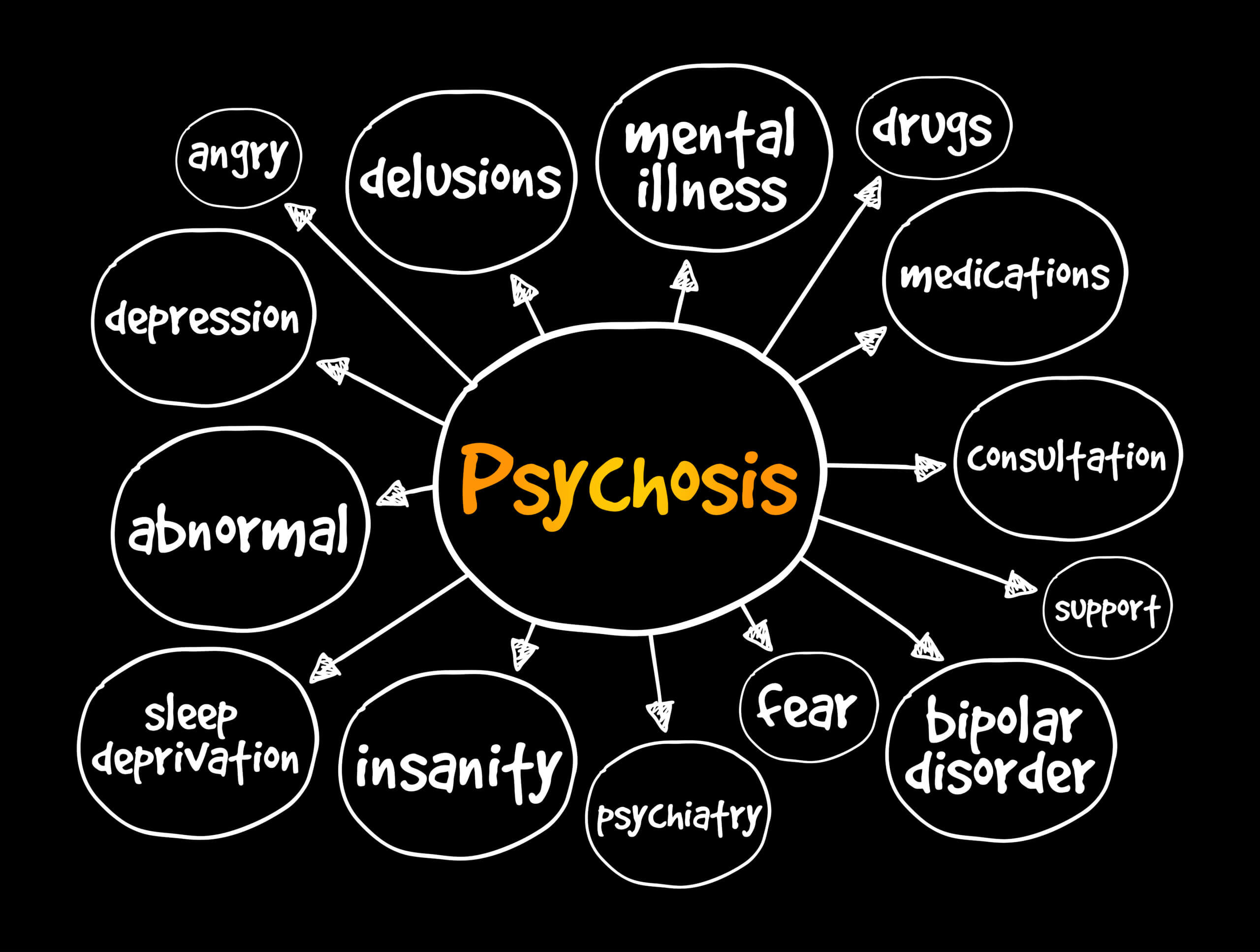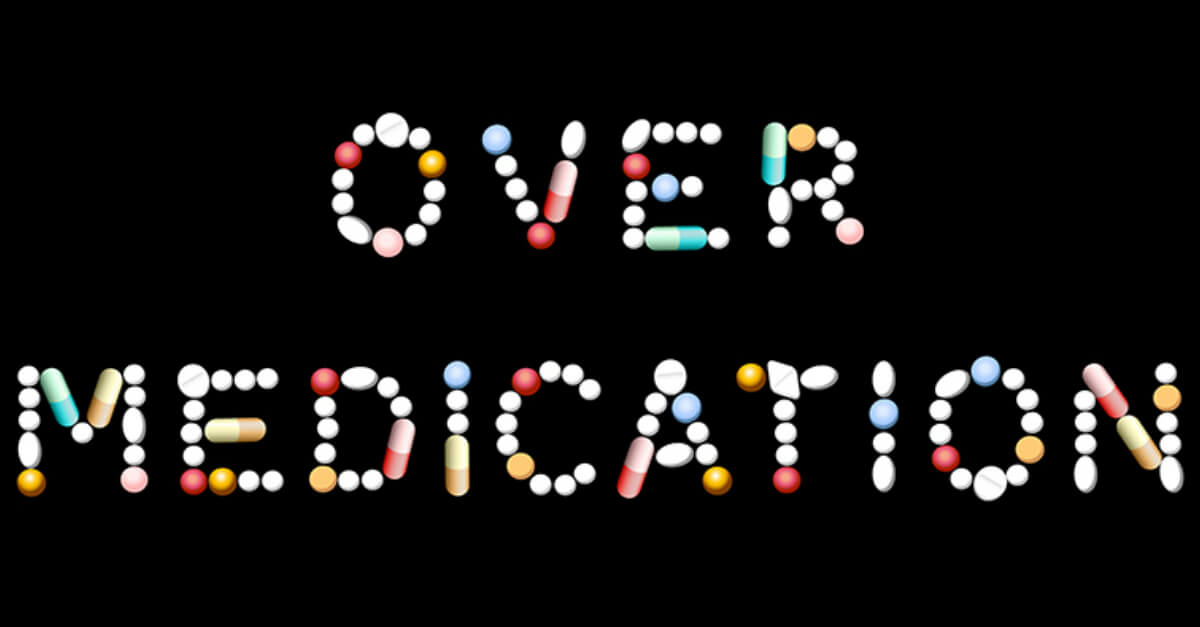
A Wednesday, like any other Wednesday, you go for a visit to your mom’s house for a mid-week visit and to take her a few groceries and you need to pee before you leave. You go to the hall bathroom, turn on the light and the toilet does not look like it has been cleaned in a month. There is a ring around the bowl, dirt on the floor, the countertops are visible soiled and there is soap scum and mineral deposits in the sink.
You know what happens next, don’t you? You start reasoning things away. “Oh, she must not clean this bathroom every week, since she does not use it.” “She must not feel good or she may be tired.” “She is missing a lot of dirt, dust and grime, we probably need to get her to the eye doctor.”
May 25, 2022
Observe the home conditions
All of those things may be true. But, there could be other reasons. Do you ask about the hall bathroom or do you just observe, make a mental note to check on it next week? Are you brave enough to check out the master bedroom and bathroom?
What do you see in the kitchen? What do the countertops look like? Is the sink full of dirty dishes or are the dirty dishes placed into the dishwasher – but not washed? What does the refrigerator look like? Expired food? Old leftovers, that are growing mold.
How many excuses do you hear? “Oh, I’ll get to it this weekend.” I was sick last week.” “It looks good, to me.” “I’ll do it later.”
Maybe, they are just getting older and they need a little help with the cleaning. Arthritis is a bitch. Low back pain can have you down and out. Look for clutter or things not put away. Look for clothes in a pile or basket, clean, but not folded. Look for garbage not taken out regularly. What does the house smell like?
Can you determine if there are physical limitations that make house cleaning hard, if not impossible now? Hire a housekeeper or clean it for them.
Check-in again 6 months later
Let’s go 6 months to a year or so down the road. You begin to notice other things …
-
- They wear the same outfit multiple days in a row.
-
- Their hygiene is noticeably in need of attention.
-
- They are telling you they can’t find important items or you notice they are regularly missing must-haves like glasses, hearing aids, etc.
-
- They are missing trash day, and trash is accumulating at the house.
-
- They are not opening their mail and may have overdue bills.
-
- They seem more quiet or lonely.
-
- They have unruly hair
-
- They look scruffier, more so than usual
-
- They have lost or gained weight (due to frozen meals or junk food)
-
- Unexplained bruises (usually due to falling)
-
- They are forgetting appointments
-
- They are forgetting words or repeating themselves
-
- They have a personality change
When you notice some of the things listed above, it is time for an assessment and a plan of action for in-home care. They will not usually volunteer any information. They will, however, deny any problems exist. They may or may not realize they are forgetting things. When they do become aware that things are not “right,” or that they really are forgetting things, watch out. They can get really uptight and angry. The goal is not to set off the dynamite, it is to diffuse it.
ADLs (Activities of Daily Living)
You may hear the phrase Activities of Daily (ADL’s) living, which are self-care tasks that can no longer be performed or are very hard for them to do now.
-
- Get into/out of bed or chair
-
- Toilet hygiene
-
- Bathing or Showering
-
- Getting Dressed
-
- Personal hygiene
-
- Eating
-
- Walking / Climbing Stairs
-
- Safety /emergency responses
IADLs (Instrumental Activities of Daily Living)
Another phrase is Instrumental Activities of Daily Living (IADL’s). These are the activities related to living independently by themselves.
-
- Shopping/ Getting Groceries
-
- Transportation (Driving/Public)
-
- Preparing meals
-
- Managing Medication
-
- Using Phone/Technology
-
- Cleaning / Maintaining home
-
- Running Errands / Appointments
-
- Managing Finances
dADLs (Domestic Activities of Daily Living)
A less common phrase is Activity Assistance or Domestic Activities of Daily Living (dADL’s). A person is no longer physically able to do ____.
-
- Companionship/Socialization
-
- Mental exercise
-
- Hobbies requiring dexterity or fine motor skill
-
- Care of others
-
- Care of pets
-
- Activities in the community
-
- Lite exercise
-
- Exertive exercise
Sometimes, it gets to the point that your loved one needs 24/7 care or a skilled nursing facility.
SIgns it is time for an in-home caregiver 24/7
10 Signs your loved one needs 24/7 care.
-
- Frequent falls or compromised balance
-
- Confusion between day and nighttime
-
- Difficulty eating or drinking without assistance
-
- Fainting or confusion due to dehydration
-
- Wandering from home or getting lost
-
- An increase in bathroom accidents
-
- Sleepwalking or wandering during the night
-
- After surgery, a hospitalization, or stay in a rehab facility
-
- Bedbound and/or developing bedsores
-
- Family caregivers are suffering sleep deprivation or have chronic stress that interferes with their own health, wellness, and quality of life
What Care Needs are Needed?
What type of in-home care would be best for your loved one and you?
-
- Companionship – they are fairly independent but they are isolated or lonely
-
- Help with ADL’s
-
- Help with IADL’s
-
- Mobility assistance – getting in and out of chairs or bed; toilet sitting and rising
-
- Memory or Cognitive decline/impairments
-
- Personal care
-
- Preparing meals
-
- Pet care
-
- Taking them to Dr. appts, visit friends or family
-
- Light housekeeping
Let’s go ahead and get in the housekeeping arena. What is light housekeeping? Light housekeeping is a task that the care giver does to help provide better care for the client. NOT the entire family!
What IS and IS NOT Light housekeeping
Light housekeeping duties DO include:
-
- Clearing away dishes after meals
-
- Preparing/cooking meals
-
- Drawing baths and setting out towels
-
- Hang up towels and washcloths to dry or place in laundry
-
- Cleaning sink, bath tub and toilet after use
-
- Wiping down spills and sanitizing surfaces
-
- Spot mopping
-
- Changing bed linens
-
- Dusting off surfaces
-
- Tending to house plants
-
- Taking out trash
-
- Pet care – feeding, a walk and general cleanup
-
- Cleaning up clutter
-
- Sweeping and vacuuming floors
-
- Organizing closets and drawers
Light housekeeping duties DO NOT include:
-
- Moving furniture
-
- Washing windows
-
- Scrubbing carpets and floors
-
- Shoveling snow
-
- Mowing the grass
-
- Raking leaves
-
- Scrubbing shower or tub
The caregivers do not bring supplies with them. They are not housekeepers. They are people helpers and companions.
It is a good idea to write down what your loved one needs and wants. Write down what the family wants, too. Look at the lists. Do you need an in-home caregiver or do you need a housekeeper? Some of you need an in-home caregiver, but you want to use them as an in-home caregiver AND a housekeeper or a maid. That is NOT going to happen. So, to prevent any misunderstandings, anger or frustration, everyone needs to be clear on what will and will not be done. Never assume, always ask and write it down. There are a few caregivers that want to sit around and play on their phone or watch TV. That is not a caregiver. It isn’t a companion either. Whoever is there to help your loved one needs to be engaging with them and helping them.
Pat




